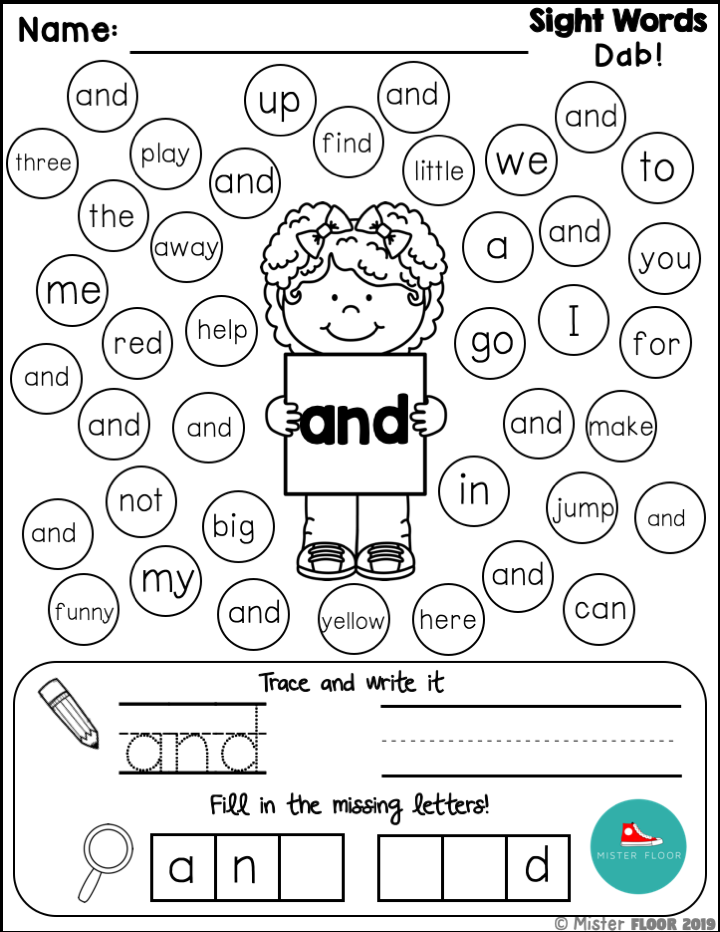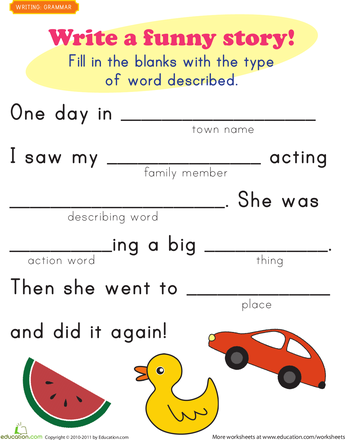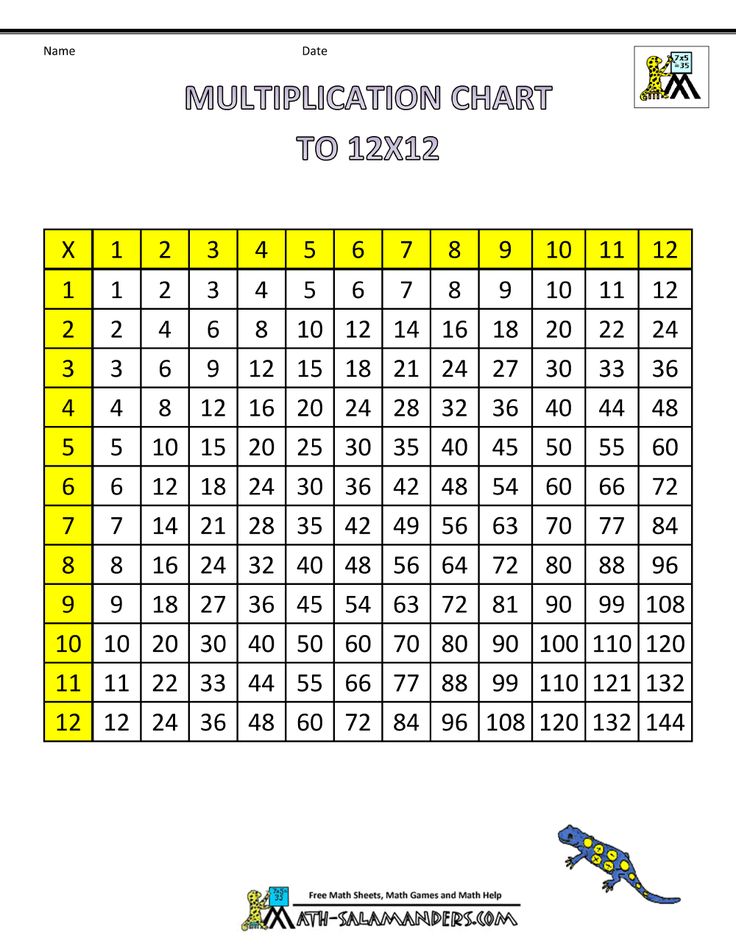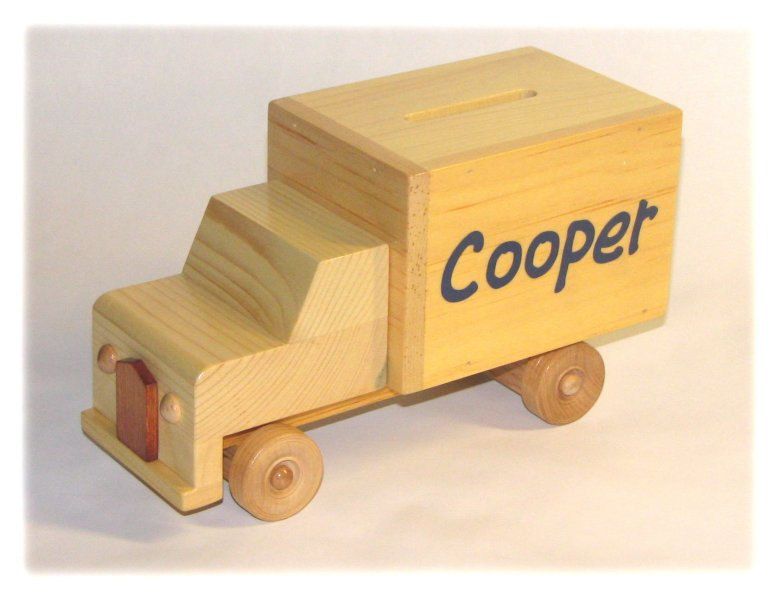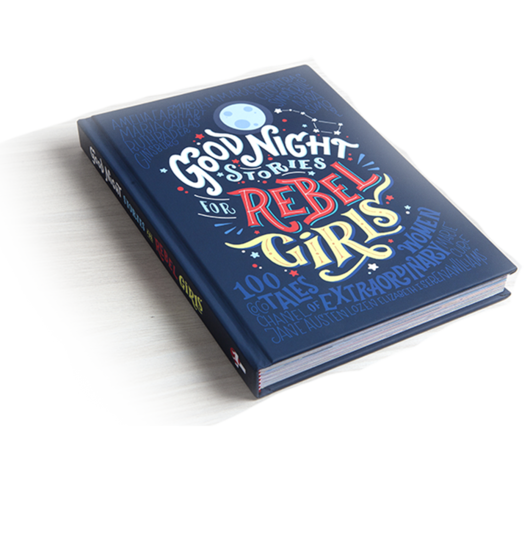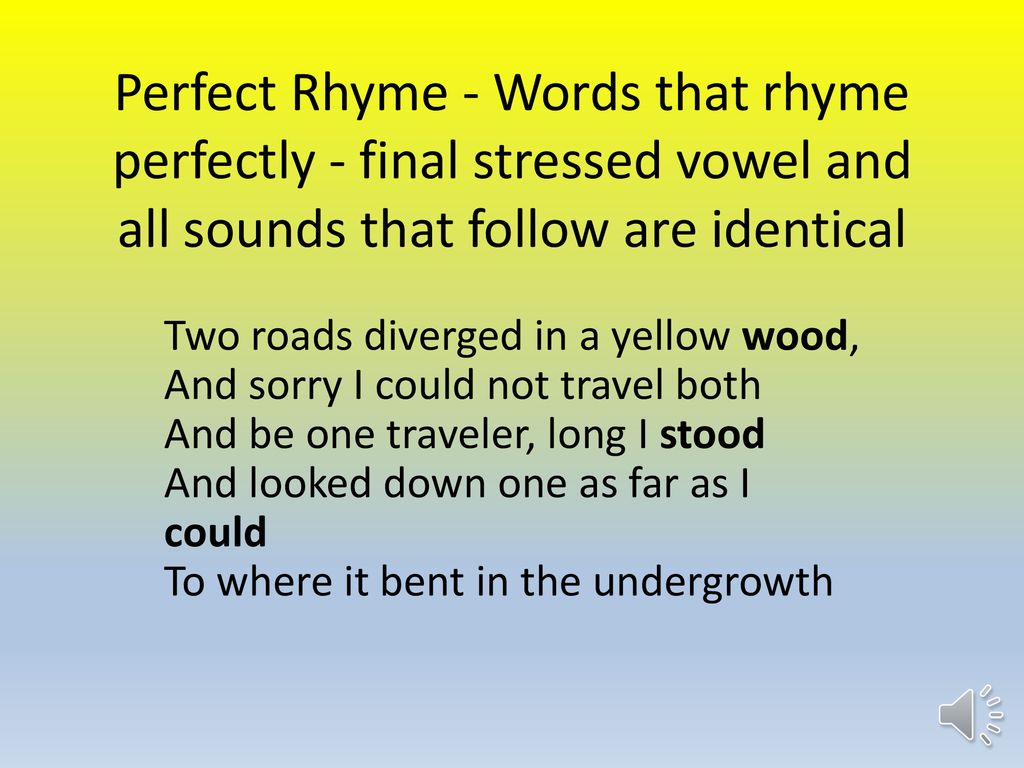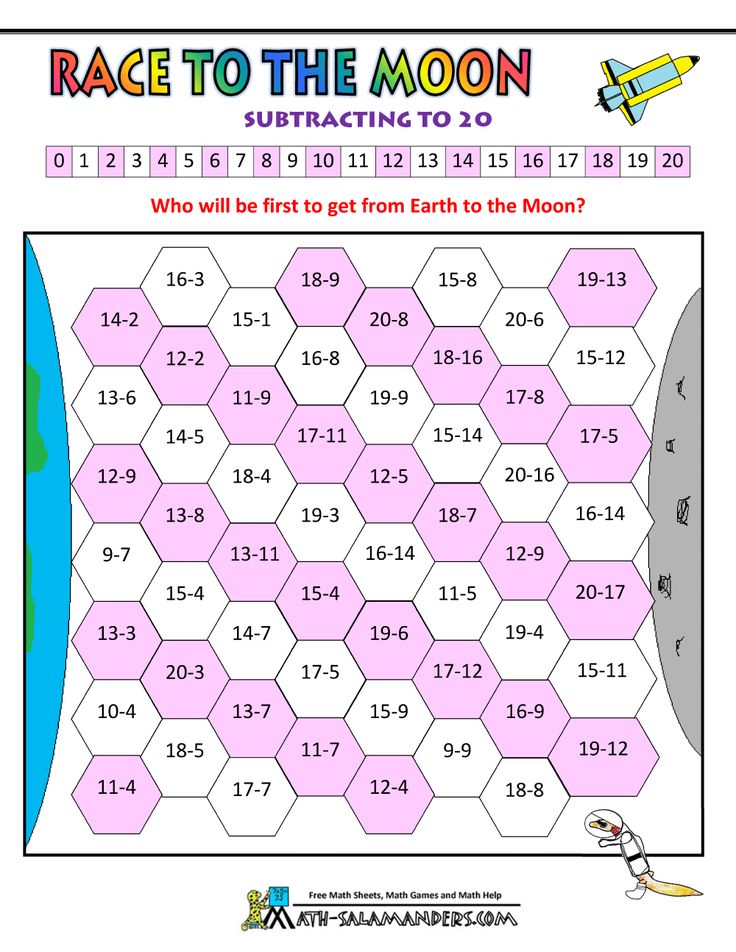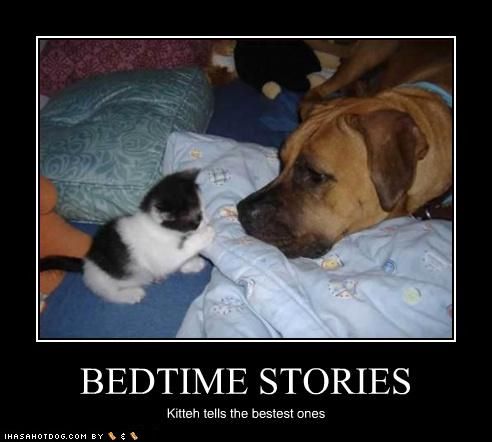Kids sight words game
Sight Words Go Fish | Sight Words: Teach Your Child to Read
- Overview
- Materials
- Activity
- Confidence Builder
- Assessment
- Printable Go Fish Cards
- Questions and Answers
Sight Words Go Fish is a vocabulary-themed variation of the classic Go Fish card game, for 2-4 players. Introducing this game is easiest when the children already have experience playing the traditional Go Fish game, because they will already understand the game dynamics and can focus their attention on the reading aspect. This is of particular importance for younger children, who can get overwhelmed with having to learn a new game and new words at the same time.
The goal is to collect more pairs of matching cards than anyone else. Children must read the sight word on the card they wish to play and be able to read the words that are requested by other players. It is another fun way to give children extensive exposure to a variety of sight words.
Image: Sight Words Go Fish
↑ Top
For Sight Words Go Fish, you will make and use a set of cards with various word pairs. The number of pairs depends on how many words you select when creating the cards. You can also remove some pairs from your deck of cards to make it a more manageable size.
Use our Go Fish Card Generator to create a set of cards and print them out, preferably on heavy-duty cardstock paper. You will want to use a mix of newer words that the children have not yet mastered and familiar words that could use some review.
↑ Top
These instructions are for a game with 3-4 players. Sight Words Go Fish can also be played easily with just two players.
Video: How to Play Sight Words Go Fish
Deal 5 cards to each player (7 cards each if there are only 2 players), then place the remaining cards face down in the middle of the circle formed by the players.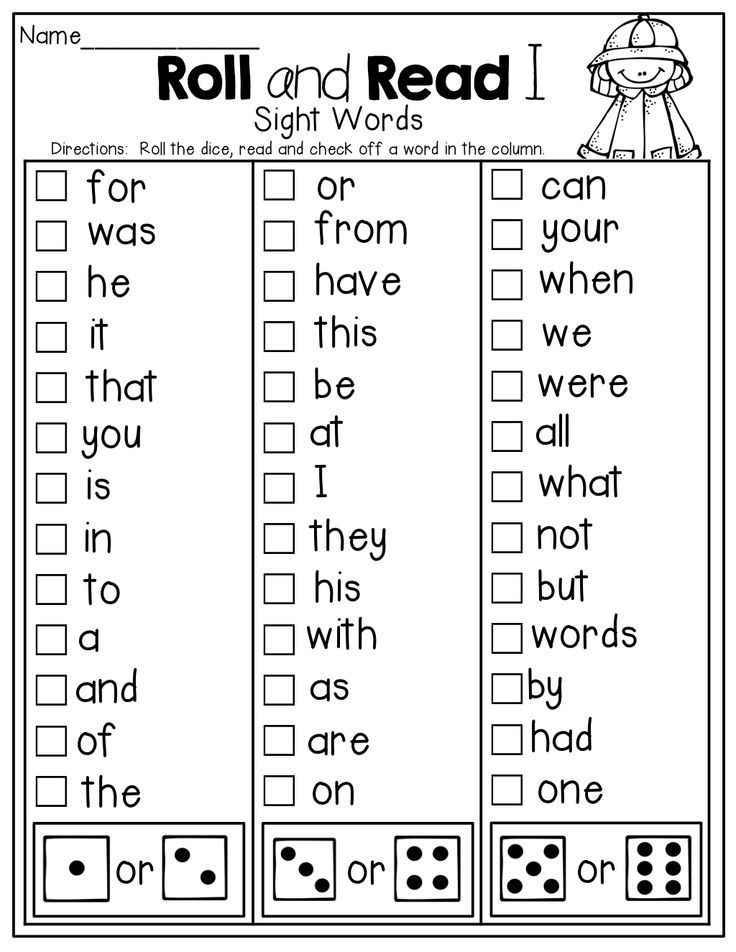 All the players look at their cards but do not reveal them to each other.
All the players look at their cards but do not reveal them to each other.
Player A takes the first turn. Player A selects one of her cards and reads the word on it out loud, moving her index finger from left to right underneath the letters as she reads. (An adult should demonstrate this reading technique at the start of the game to teach or remind children how best to read the word.)
Player A then selects another player and asks him, “Player C, do you have any cards with the word BEFORE?” If Player C has a card with that word, he must say “Yes, I have a card with the word BEFORE,” and hand it to Player A, who then gets another turn. If any player struggles with reading or pronouncing a word, take a moment to go through the sight words correction to reinforce the correct pronunciation.
If Player C does not have any of the requested card, he shouts, “Go Fish!” Player A must then draw a card from the stack. If the drawn card has the word she was looking for, she shows the card and gets to take another turn. Otherwise, her turn ends, and the child who said “Go Fish” gets the next turn.
Otherwise, her turn ends, and the child who said “Go Fish” gets the next turn.
If a player collects both cards of a particular word pair, he puts them in a face-up stack in front of him. The game continues until someone has no cards left or the face-down stack runs out. The winner is the player with the most pairs of matching cards.
↑ Top
To make the game a little easier, especially for a younger child, simply use fewer pairs of cards.
↑ Top
Observe the game, whether it’s watching your own child in your 2-player game or observing a group of students in a 4-player game. Make note of which words the children have mastered, and which ones are still a bit of a struggle. Be on the lookout for individual children who are struggling with several of the words.
A child is considered to have mastered the sight words in this activity when she can consistently recognize and read all the word cards in her hand, with confidence and without any noticeable hesitation.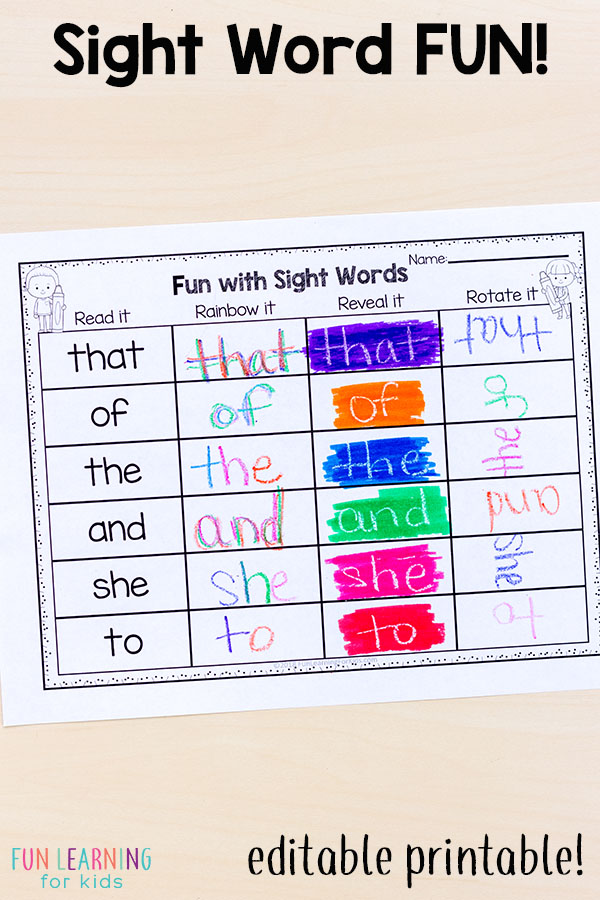
↑ Top
Create your own custom Go Fish Cards or use some of our pre-made templates below.
6.1 Blank Go Fish Card Templates
- Blank Go Fish Card Templates (Write in your own words)
6.2 Dolch Sight Words Go Fish Cards
- Pre-K Dolch Words (40 words)
- Kindergarten Dolch Words (52 words)
- 1st Grade Dolch Words (41 words)
- 2nd Grade Dolch Words (46 words)
- 3rd Grade Dolch Words(41 words)
- Noun Dolch Words (95 words)
6.3 Fry Sight Words Go Fish Cards
- 1st 100 Fry Words (100 words)
- 2nd 100 Fry Words (100 words)
- 3rd 100 Fry Words (100 words)
- 4th 100 Fry Words (100 words)
- 5th 100 Fry Words (100 words)
- 6th 100 Fry Words (100 words)
- 7th 100 Fry Words (100 words)
- 8th 100 Fry Words (100 words)
- 9th 100 Fry Words (100 words)
- 10th 100 Fry Words (100 words)
6.
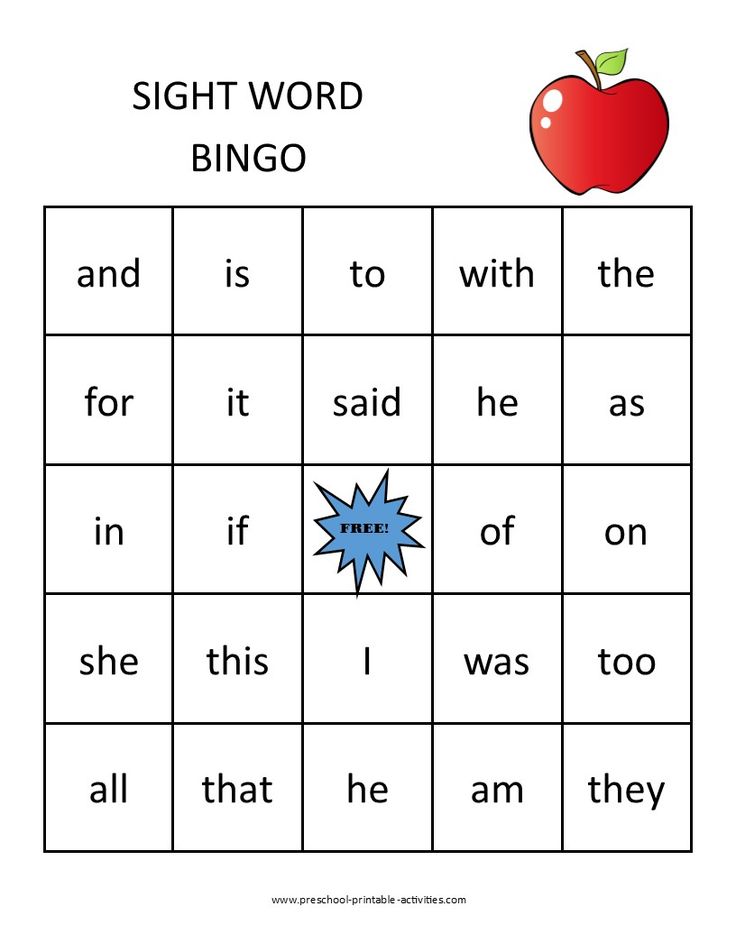 4 Top 150 Written Words Go Fish Cards
4 Top 150 Written Words Go Fish Cards- 1st 50 Words (50 words)
- 2nd 50 Words (50 words)
- 3rd 50 Words (50 words)
To download a template, right-click and select Save As.
These materials are provided under the Creative Commons Attribution 3.0 Unported License. Essentially, this means you can do whatever you want with the resources, provided you leave the attribution hallmark on the resources. You may use these materials in the classroom, at home, as part of a for-profit tutoring business, or for any other purpose. (Except starting forest fires. That’s bad.) You do not need to contact us for permission to use the materials. We want you to use them!
↑ Top
Leave a Reply
Sight Words Boom! | Sight Words: Teach Your Child to Read
- Overview
- Materials
- Activity
- Confidence Builder
- Variation
- Printable Boom! Cards
- Questions and Answers
Sight Words Boom! is a vocabulary-themed game for one or more players.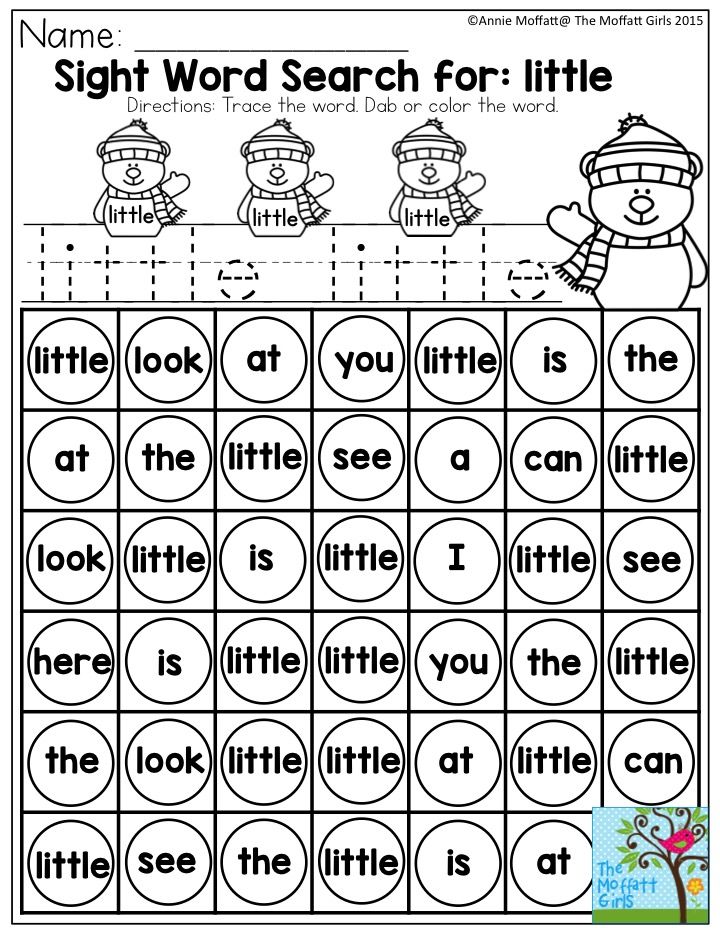 Children will collect cards by correctly reading the sight words printed on them. But watch out for the BOOM cards! Draw a BOOM card, and you lose all the cards you collected and have to start over.
Children will collect cards by correctly reading the sight words printed on them. But watch out for the BOOM cards! Draw a BOOM card, and you lose all the cards you collected and have to start over.
Image: Sight Words Boom!
↑ Top
- Sight Words Boom! cards
Create Boom! cards with our Boom! Card Creator and print the cards out on cardstock paper. Each sheet will have eight sight word cards and one BOOM card. Cut apart the cards along the dotted lines.
↑ Top
Shuffle the cards and put them in a face-down stack. Player A draws a card from the stack and reads the word on it out loud, moving her index finger from left to right underneath the letters as she reads. (An adult should demonstrate this reading technique at the start of the game to teach or remind children how best to read the word.)
If she reads the word correctly, she gets to keep the card.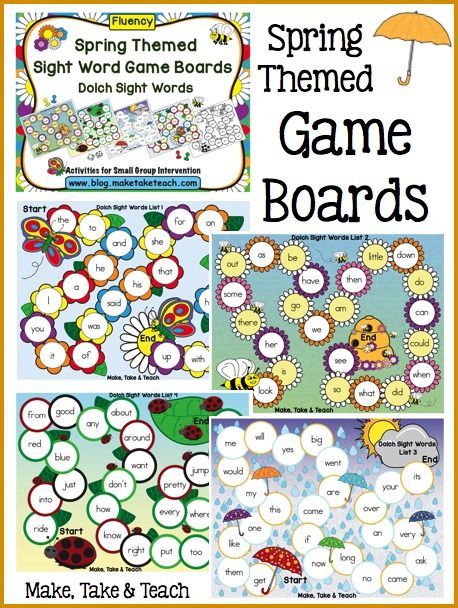 Then Player B takes a turn (if there are multiple players). If Player A does not read the word correctly, Player B gets a chance to read that word and collect a card.
Then Player B takes a turn (if there are multiple players). If Player A does not read the word correctly, Player B gets a chance to read that word and collect a card.
NOTE: If there is a word that no player can read correctly, the adult should set the card aside as a reminder to work on that word in the next day’s lesson.
The BOOM cards are what make this game fun and exciting! If a child draws a BOOM card, she loses all the cards she has collected. On her next turn she can start collecting new cards. The lost cards (including the BOOM card) should be shuffled and added to the bottom of the face-down stack.
Keep playing until all the cards in the face-down stack have been collected. The winner is the player with the most cards.
If there is only one player, she plays to see how many cards she can collect before losing them to a BOOM card. She can play repeatedly, trying to beat her previous record.
↑ Top
If the child is easily discouraged when she loses her cards, simply play with fewer BOOM cards.
↑ Top
Set a timer for anywhere from one to five minutes. Challenge the players to read as many words and collect as many cards as they can before the time runs out. But they still have to watch out for the BOOM cards!
↑ Top
Create your own custom Boom! cards or use some of our pre-made templates below.
6.1 Blank Boom! Card Templates
- Blank Boom! Card Templates (Write in your own words)
6.2 Dolch Sight Words Boom! Cards
- Pre-K Dolch Words (40 words)
- Kindergarten Dolch Words (52 words)
- 1st Grade Dolch Words (41 words)
- 2nd Grade Dolch Words (46 words)
- 3rd Grade Dolch Words (41 words)
- Noun Dolch Words (95 words)
6.
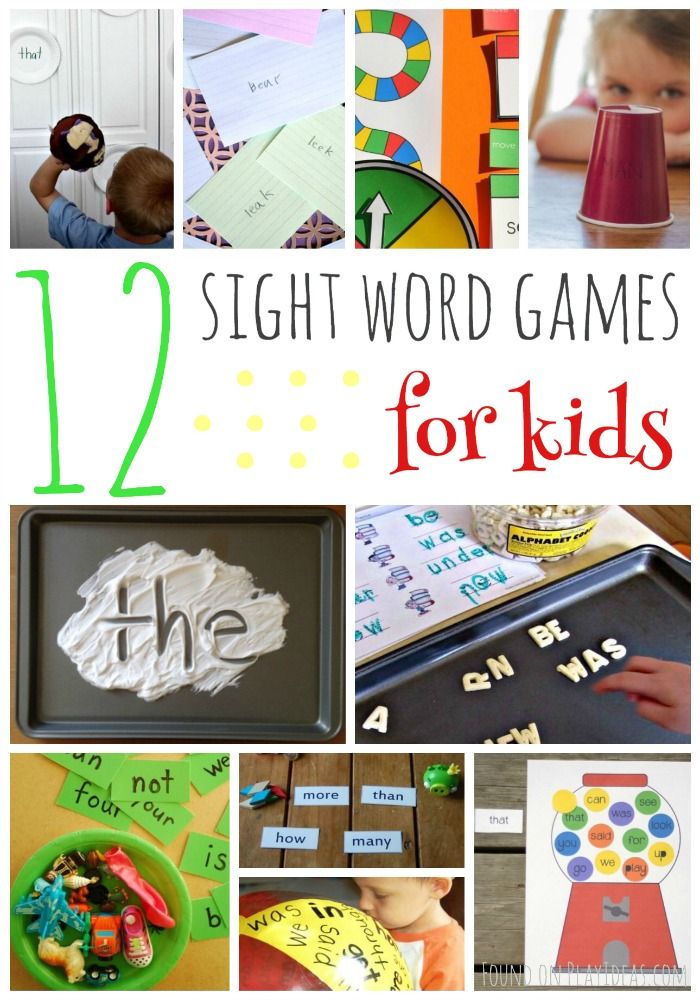 3 Fry Sight Words Boom! Cards
3 Fry Sight Words Boom! Cards- 1st 100 Fry Words (100 words)
- 2nd 100 Fry Words (100 words)
- 3rd 100 Fry Words (100 words)
- 4th 100 Fry Words (100 words)
- 5th 100 Fry Words (100 words)
- 6th 100 Fry Words (100 words)
- 7th 100 Fry Words (100 words)
- 8th 100 Fry Words (100 words)
- 9th 100 Fry Words (100 words)
- 10th 100 Fry Words (100 words)
6.4 Top 150 Written Words Boom! Cards
- 1st 50 Words (50 words)
- 2nd 50 Words (50 words)
- 3rd 50 Words (50 words)
To download a template, right-click and select Save As.
These materials are provided under the Creative Commons Attribution 3.0 Unported License. Essentially, this means you can do whatever you want with the resources, provided you leave the attribution hallmark on the resources. You may use these materials in the classroom, at home, as part of a for-profit tutoring business, or for any other purpose.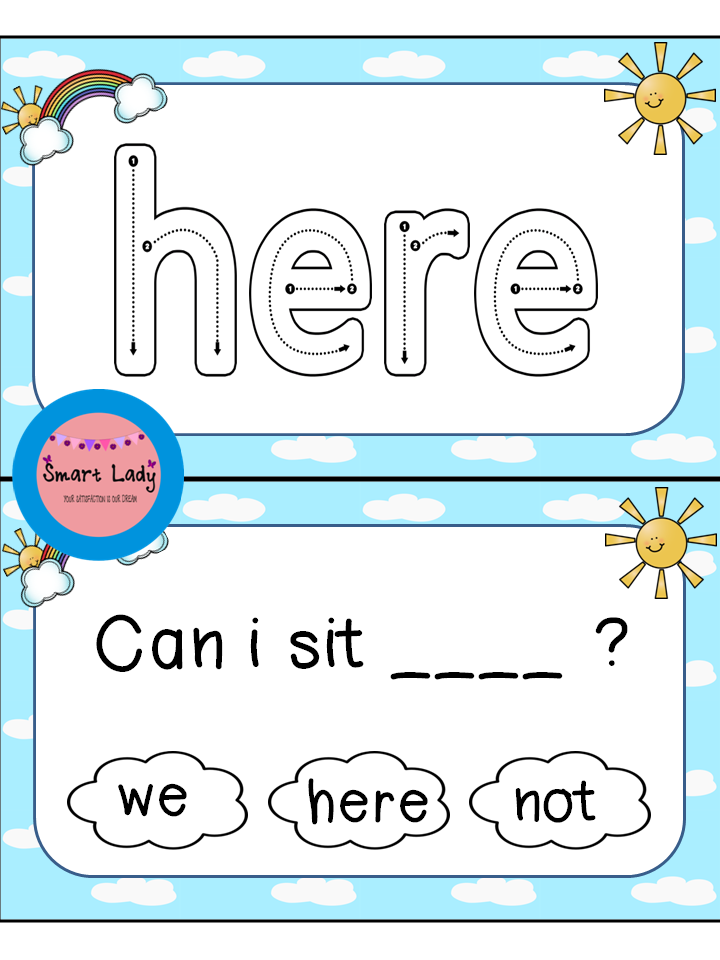 (Except starting forest fires. That’s bad.) You do not need to contact us for permission to use the materials. We want you to use them!
(Except starting forest fires. That’s bad.) You do not need to contact us for permission to use the materials. We want you to use them!
↑ Top
Leave a Reply
Top 10 word games with children • Ursa Major School of Parenthood
The game is for joy. And the game that pleases, in itself, often provokes the development of the child much more than a specially organized educational game. Zhenya Katz tells how to play with letters and words to make it fun.
Riddles
Very many games that develop verbal or sound thinking are oral. You can think of a certain object, but answer the question only “yes” or “no”. Let's say I guessed what is on my table. And the child starts asking:
− Is it big?
I say:
− No.
− Is it larger than a glass?
- No.
− Is it square?
- Almost.
− Is it iron?
- No.
− Is it wooden?
- No.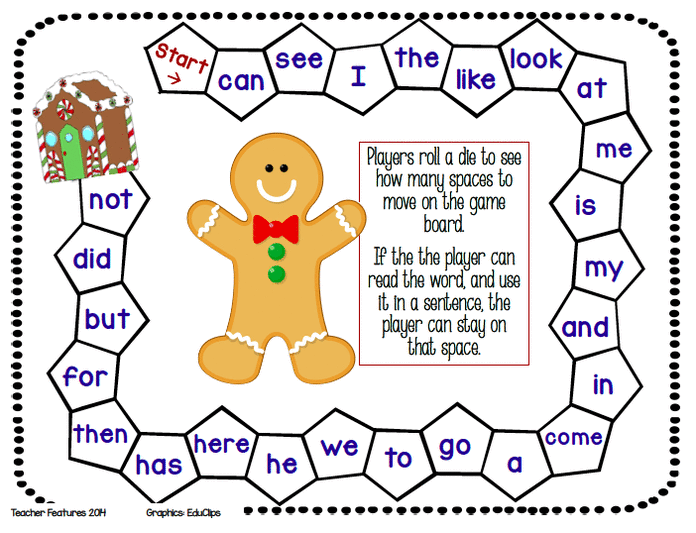
− Is it rubber?
− Yes.
− Is it black?
- No.
− Is it white?
− Yes.
− Is that an eraser?
− Yes, it's an eraser. You guessed it, well done. Now you tell me, and I'll ask.
You can guess some simple things and suddenly it turns out that it is not so easy to guess them even for an adult, although the hidden object is completely simple, everyday. nine0004
You can make word riddles. But not classical, folk, which everyone knows and which are printed in collections: a girl is sitting in a dungeon, and a scythe is on the street. Modern children have not seen how carrots grow, so they cannot guess what kind of scythe it is on the street, why the girl is sitting in a dungeon and why this has to do with carrots. That is, they are ready to learn both this text and this answer. But they cannot correlate, they did not see it, this is not an easy metaphor.
By riddles, I mean something completely different. You can describe an object by naming several of its features, giving a definition.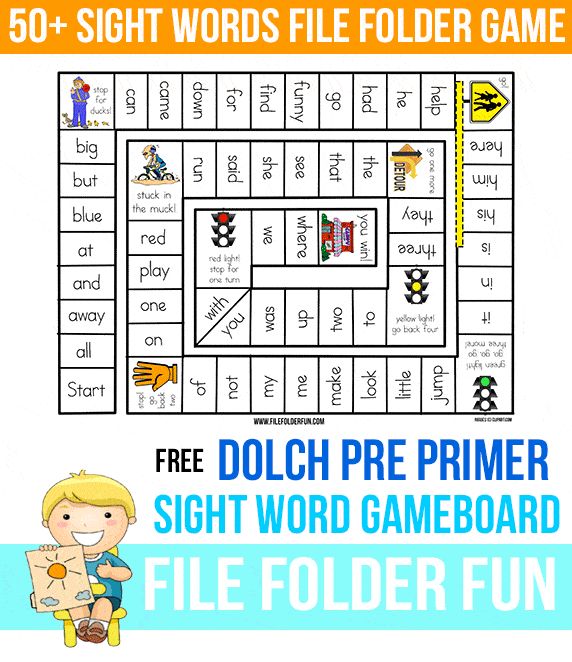 For example, a beast that meows. nine0003 - I thought of a striped beast that eats grass.
For example, a beast that meows. nine0003 - I thought of a striped beast that eats grass.
Child says:
− Tiger?
- Not a tiger. The tiger does not eat grass. And this beast also has hooves and a mane.
− Aaah, a horse!
− Striped!
Or I can say:
− Yes, only the name of the beast begins with the letter "z".
- Striped horse on the "z" ... Aaah, a zebra!
Or I can say:
- Sour, yellow and oval.
Child:
− Oh, I know it's a fruit.
− Yes, fruit. Which one then? It is also put in tea. nine0003 − Yeah, yellow, lemon!
Or:
- Red, round, put in a salad.
I could mean a tomato, and the child says, "Radish." Great, that's fine too.
It is useful to come up with such riddles. Nothing less useful than guessing.
Tongue twisters and poems
It is not so easy for an adult to pronounce them. Therefore, if you play tongue twisters with your child, start with yourself. Try to say it yourself quickly and quickly and show the child how you practice, how you train, how you learn it.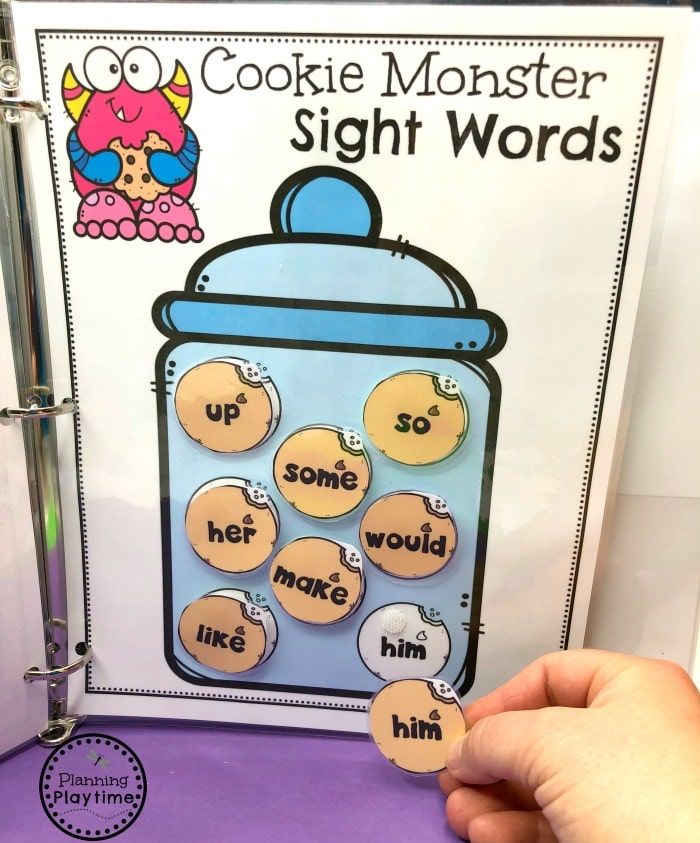 nine0004
nine0004
You can play with some verses: you start, and the child remembers the right word at the end.
− Where did the sparrow have lunch? At the zoo,…
− … animals.
While the child remembers the right word, you can offer funny options.
- Stayed with a rhinoceros, ate bran ... the road.
- No, - says the child, - not the road.
− What is it? From the threshold.
− No-no, not from the threshold.
− What?
− Not much!
Extra word
You can also play - name some groups of words and guess who is extra. Significantly, there can be multiple correct answers in this game. You can play it on the go, invite your child to come up with such riddles. But it is important that he explains his decision. For example, I can say: "bus, tractor, trolley bus, tram." Which of these words is redundant? Someone can say that the bus, because it is on the "A", and all the others begin with the letter "T". Someone will say that the tram, because only he goes on rails, and everyone else does not.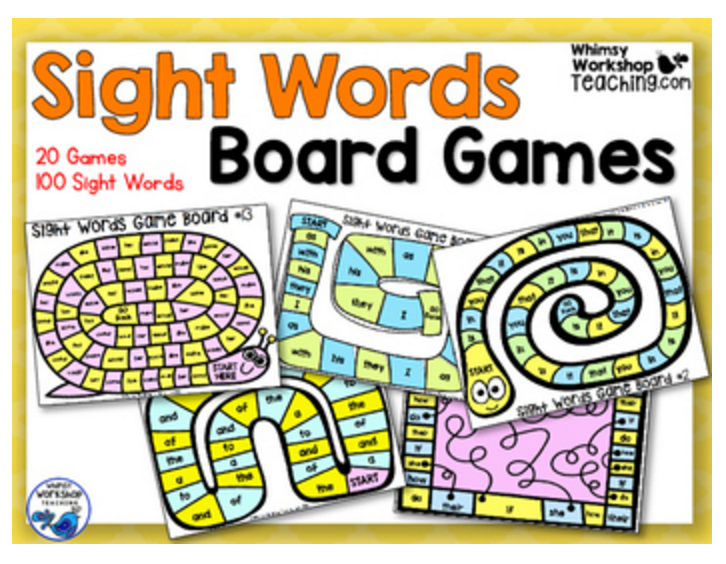 Someone will say that it is a tractor, because it is not public transport, but everyone else carries people. Do you understand? Any explanation is fine. nine0004
Someone will say that it is a tractor, because it is not public transport, but everyone else carries people. Do you understand? Any explanation is fine. nine0004
It is important that it is also useful for the child to come up with such problems. After all, only adults are always the bearers of the ultimate truth: first you guess, then the child. And this is not only a game, but also a process of communication. If you like to invent, then that's great.
Snowball
There is such a wonderful game "Snowball". It is both verbal and developing memory. One says:
- Cat.
Second:
− Cat, dog.
Third:
− Cat, dog, hare. nine0003 Fourth:
− Cat, dog, hare, tiger.
Any words can be spoken. There is also another version of this game. Let's say the first one says:
- I'm going camping and I'm taking a spoon with me.
Second:
− I am going camping and I am taking a spoon and a bowl with me.
And so on. Everyone adds their own.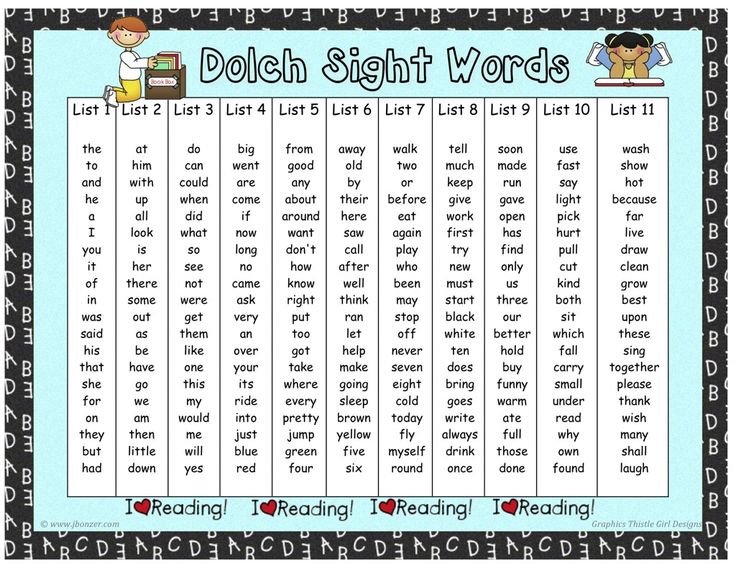 But at the end, not at the beginning. That is, initially he must remember all the words that were said before him, then add his own.
But at the end, not at the beginning. That is, initially he must remember all the words that were said before him, then add his own.
When we play with a group of children, I suggest not only naming the words, but also, if someone has forgotten, you can prompt, but only with gestures. nine0003 You can name the first letter in each word, and this is also not so easy for some children. But when you have already done it, then some riddles are all one letter. For example, we think of all the words with the letter "M". I say:
- It's so big, with wheels, you can ride on it.
− Machine.
− Okay, then I'll make another guess with the letter "M". It's so tasty, cold and comes in a waffle cup.
− Oh, that's ice cream!
− It's also so sweet and made by bees.
- Med. nine0003 − And now let's try to come up with something on "M".
And this is much more difficult: to come up with a word that begins with this letter, and then describe it - this is a serious job for a child.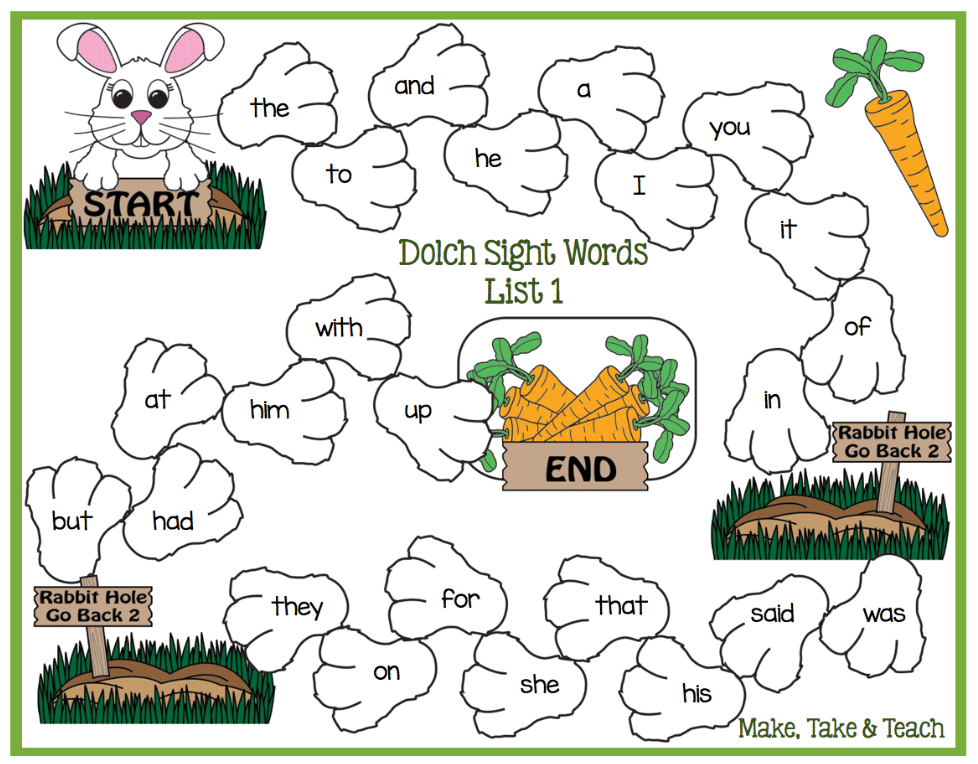
Contact
This game is suitable if the child already knows what the first letter is and understands the definition: “this is such a beast that meows”. If he does not name the word itself, but pronounces the description, then after that it is already possible to play. I think many people know the rules, but I'll tell you again just in case. nine0003 Contact - a game for several people, you need at least 3-4 participants. The host thinks of a word and tells all the other players the first letter, for example "K". The rest of the players begin to come up with their own words that begin with "K", for example, one says:
- Isn't this the kind of animal that meows?
The host says:
− No, it's not a cat (if he really didn't think of a cat).
The other one says:
− Isn't he like that, Cheburashka's friend?
Host:
− Gena. No, wait, "K". It's not a crocodile. nine0003 And so all the players are trying to come up with such a definition that they understand, but the leader does not understand.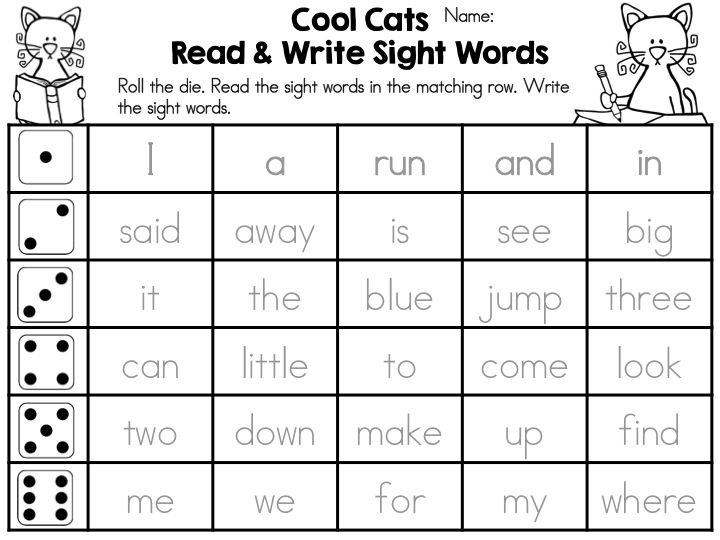 And if suddenly they succeed, for example, one of the players says:
And if suddenly they succeed, for example, one of the players says:
- She is sweet and is eaten boiled.
The host says:
- Porridge.
− No, she grows in the field, she is tall and has hairs inside her.
The host says:
− Oh, I don't know.
Then the rest of the players start counting: up to 3, up to 5 or up to 10, as you agree. And they say “Contact!”, And then they pronounce the guessed word in unison. If the one who gave the definition and the one who said “corn” agreed, then the driver should tell them the next letter. nine0003 − All right, then I'll tell you the second letter. The second letter is "O".
And then all the players who guessed come up with “Ko”. And then, say, they came up with some other definition that the driver did not guess, then they already have three letters. And so little by little they guess the word. And whoever guessed it in the end becomes the next driver.
This game is not as easy as it might seem - it can be difficult even for adults to play it.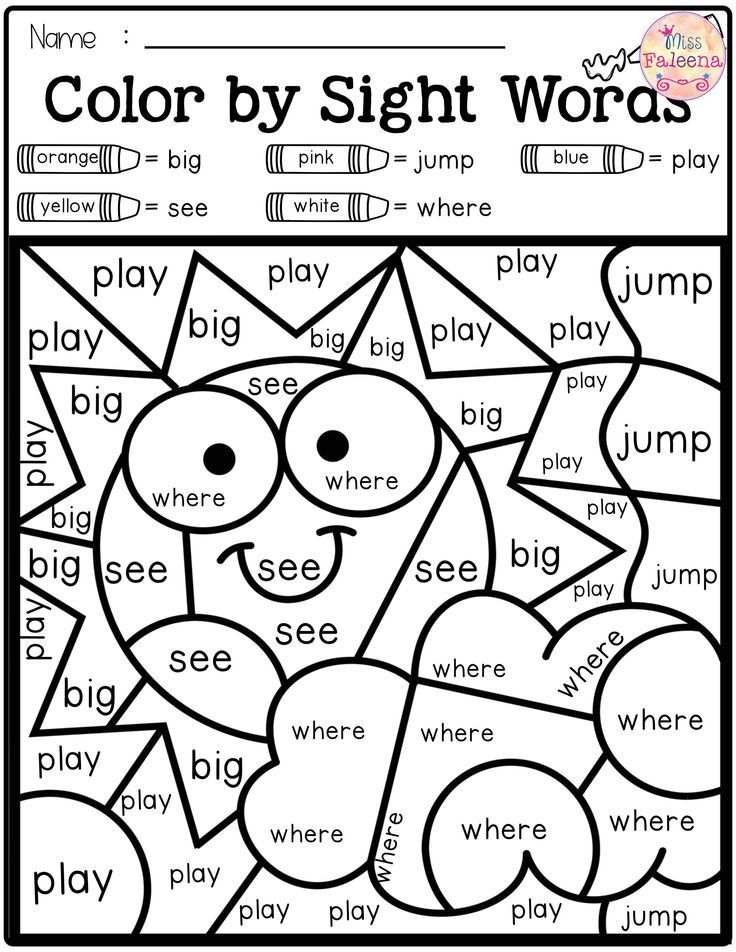 But if you are not in a hurry, do not try to beat the child without fail, then the game process will give everyone pleasure. nine0004
But if you are not in a hurry, do not try to beat the child without fail, then the game process will give everyone pleasure. nine0004
If you don't try to measure who won and who lost, then it works quite well. For example, it allows you to find out how words are spelled. It can be very funny to play with children, they come up with non-trivial spelling and do not always understand which letter is next in the hidden word.
Kuzovok
There is a similar game when it is not the beginning of the word that is important for us, but the end: everything starts with “-ok” - “Kuzovok”.
“Sasha walked into the woods, took a box truck with him.
What's on "-ok", puts everything in a box. nine0003 And we tell the child that a box is such a basket
− I found a fungus and put it in a box.
You can draw and sculpt everything you find.
− What else can be put in the container?
- Leaflet (put in box).
− What else?
- Boot.
− All right, that's fine.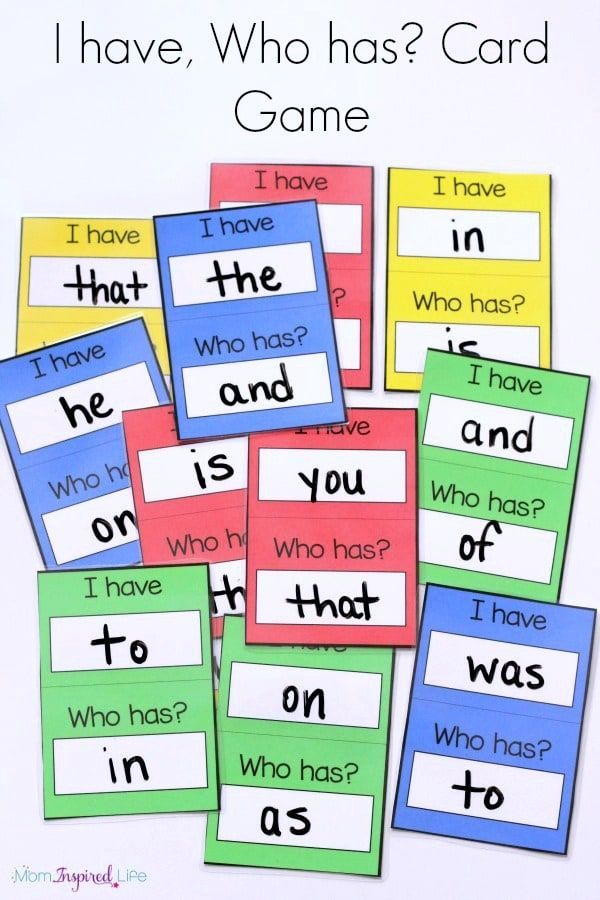
Chain of words
Many people play cities when they think of a city with the last letter, but cities for young children are too difficult, they do not know so many names. Therefore, you can play with ordinary words. And I say, for example:
- Cat. What is its last letter? "T". So, now you need to come up with a "T". Come on.
- Tractor.
− Yeah, then I'll come up with an "R". I say "rukaV", come on, let's think about what his last letter is?
And here comes an interesting thing. The child says:
- "F"?
I say:
− You know, this can be checked. Let's think, the jacket has one sleeve, and if there are many? Two sleeves. We say "two arms" and not "two arms"
The child agrees:
− Of course, armVa. nine0003 - Great, now you know. The sleeve is the last letter "B". See, we checked it out.
It is absolutely not necessary to say that later you will learn this at school. And this is a great way to understand, to check which letter to write.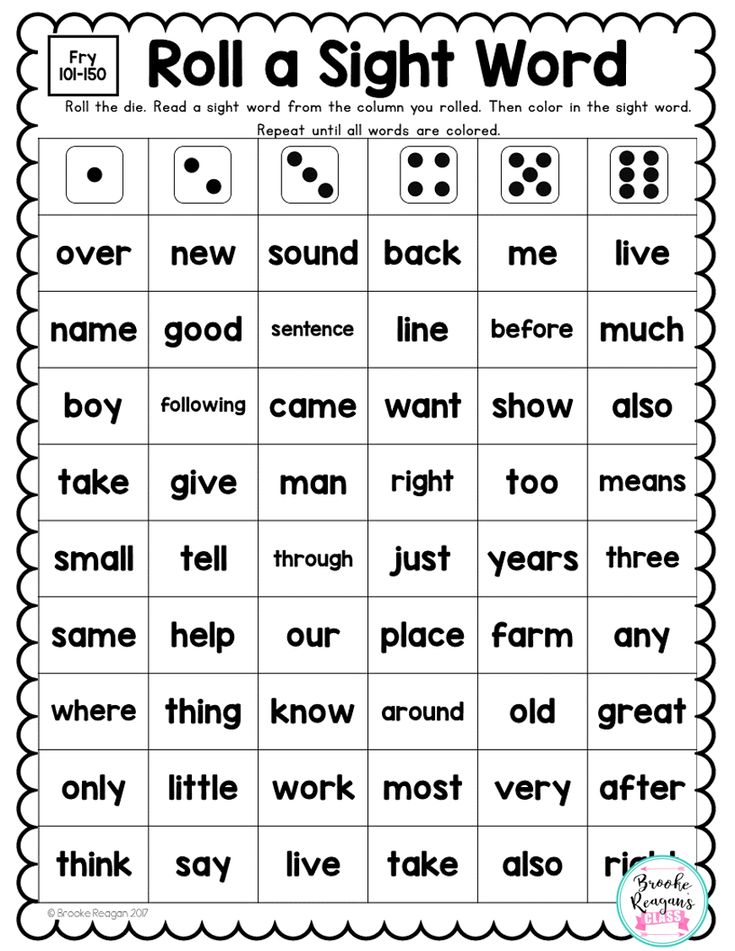
Hidden letters
I guess some letter, and then the children suggest words, and I say if this letter is there, and if so, how many times it occurs. For example, they say:
− Cat.
I answer:
− There is no such letter, none. nine0003 Children continue:
- Mountain.
I confirm.
- One.
They say:
- Pineapple.
Me:
None.
They say:
− Fish.
Me:
− One.
And then they can already guess what letter it could be. For example, now I thought of "R".
Or you can ask the child to think of a letter, and then it will be his turn to try to understand which letters are and which are not. And this is a pretty serious analysis.
Author: Zhenya Katz, educator, author of the method of playing teaching children
Series of online lectures "Play and Children"
Watch the free open lesson "Play and Children" with Zhenya Katz.
Word game for traveling with kids: 15 best options
In the summer we always go somewhere.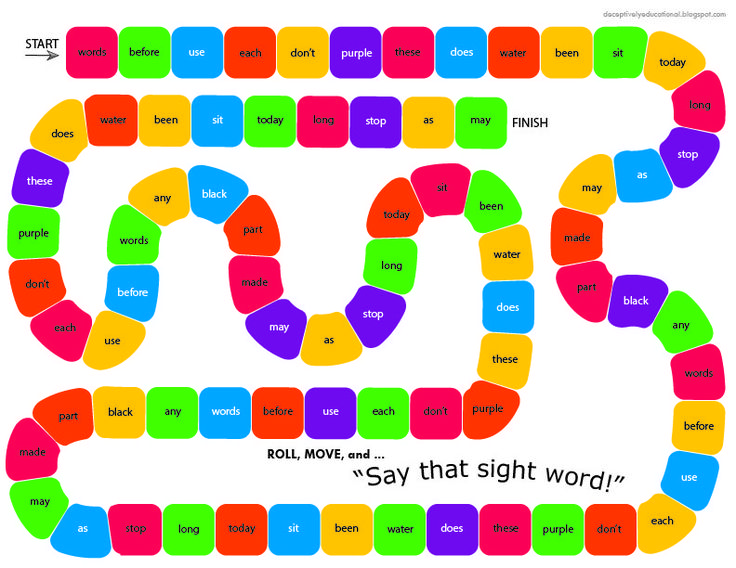 To the cottage by car, on vacation by train or plane. If you have children with you, there must certainly be games at the ready that you can play right without getting out of your chair. How about word games? How much do you know?
To the cottage by car, on vacation by train or plane. If you have children with you, there must certainly be games at the ready that you can play right without getting out of your chair. How about word games? How much do you know?
Tatyana Kolobova
1. "Twins" (Doublets)
It is said that the game D oublets was invented by Lewis Carroll, the author of Alice in Wonderland. It is not difficult to play it, besides, this game perfectly trains the skills of recognizing vowels and consonants.
Rules: select a word (from three to five letters) and change only one letter in it. For example: t umba - r umba, m uk - r eka. Then we change the letter in the second word again, it turns out: t umba — r umba — z umba (dance), r uka — m ukamu r a. Next, we try to extend the chain.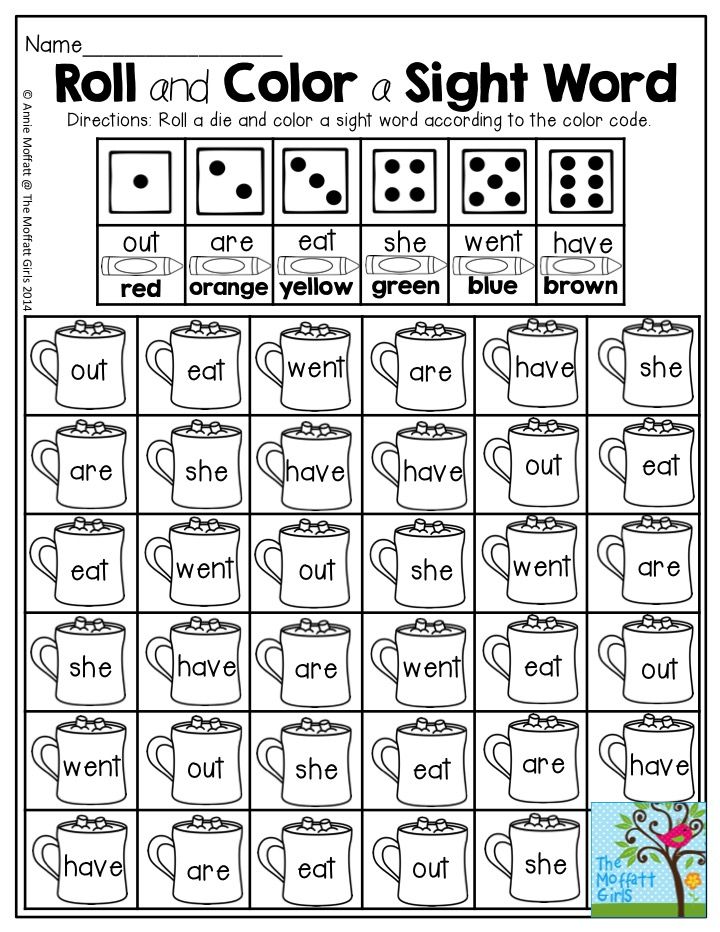 Whoever has the longer one wins!
Whoever has the longer one wins!
Let's complicate: we take words of 6-8 letters and play by the same rules.
2. Cities
Everyone seems to know this game. What could be easier? But options are possible.
Rules : the first player revs the city, the next must match the name of the city with the last letter of the previous one: Moskv a - A shkhabad. The disadvantage of this game is that the cities with the letter A will end pretty soon. In this case, you can switch to the game "Cities and Countries" or "Cities and Rivers" . By the way, you can also play with an atlas in your hands, because children do not know so many geographical names. And with the atlas it is convenient, informative and useful!
3 Hidden word
The hidden word is the beginning of an exciting game that never ends.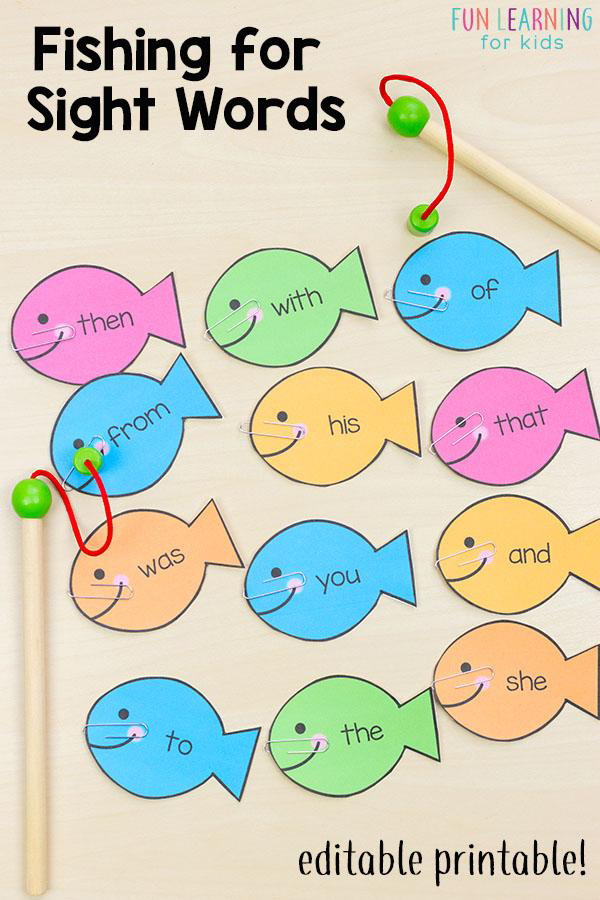 nine0004
nine0004
Rule: take a word and come up with a code for it: there should be one sentence for each letter of the selected word, and the sentences must be connected in meaning. You can play in teams or each for yourself, the one whose cipher will be the most logical in meaning wins.
For example, choose the word "Potato". The cipher can be:
K each A R R recognizes T smart O fields Sh rokogo K upola A atmosphere
It is not so easy to come up with a coherent text for a random selection of letters. Sometimes the cipher texts turn out to be very funny, but in any case it is interesting to play!
4. Spy encryption
Come up with your own version of the letter cipher and write a secret message. Give the "key" of the cipher to the other players and offer to quickly decipher your message.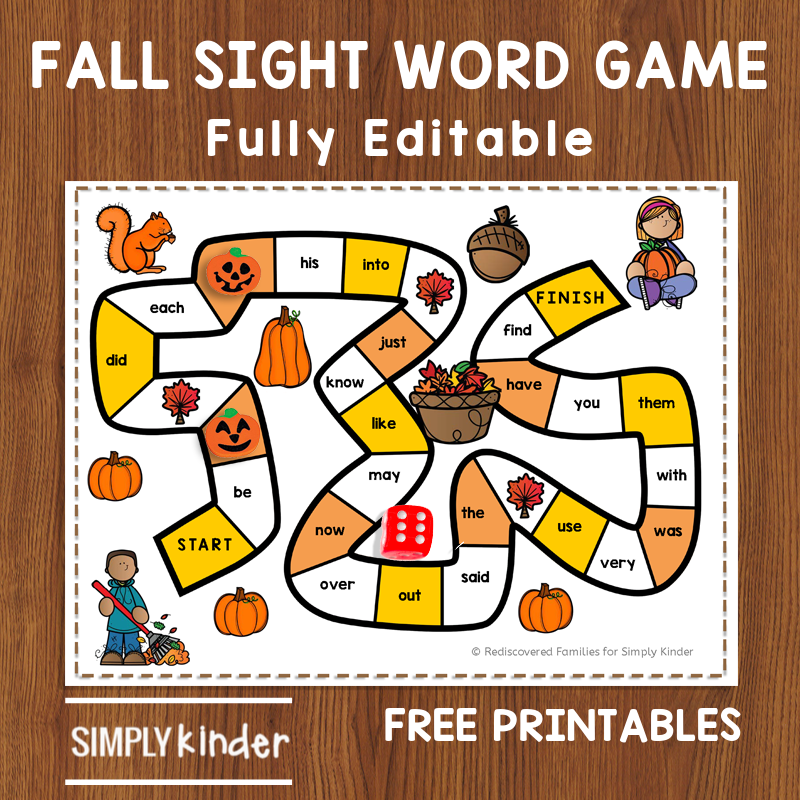 The “key” can be, for example, as follows: each letter corresponds to the next letter of the alphabet in order: A=B, B=C, and so on. The word "hello" in this case will look like this: RSKGEU. nine0004
The “key” can be, for example, as follows: each letter corresponds to the next letter of the alphabet in order: A=B, B=C, and so on. The word "hello" in this case will look like this: RSKGEU. nine0004
5. Guess who and what?
Depending on the complexity of the hidden word, the game can be suitable for any age.
Rules: the host thinks of a word. If you play "Guess it?", it can be a historical character, a fairy-tale hero, a mythical character, a cartoon or movie hero, one of the people everyone knows (family member, classmate). If you play "Guess who?", then you agree in advance what the hidden word refers to (a household item, an animal, a natural phenomenon, or something else). Next, the participants in the game ask leading questions to which the leader can only answer “yes” or “no”. The player who guesses the word first wins. nine0004
6. Who am I?
Variation on the theme of the game "Guess who and what?"
Rules: Each player writes a word on a self-adhesive piece of paper that can mean an object, phenomenon, person, character of a fairy tale, movie or cartoon, and sticks the piece of paper on the neighbor's forehead.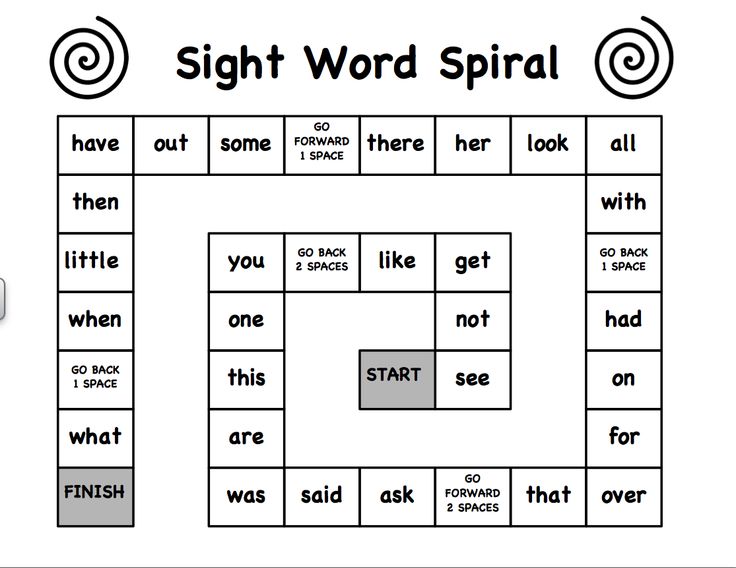 Thus, the word is seen by all participants in the game, except for the one who has this word on his forehead. Each player, in turn, can ask those around him any questions about himself, the answer to which can only be “yes” and “no”. The winner of the game is the one who discovers "who am I" first. The game continues until all players have guessed themselves. nine0004
Thus, the word is seen by all participants in the game, except for the one who has this word on his forehead. Each player, in turn, can ask those around him any questions about himself, the answer to which can only be “yes” and “no”. The winner of the game is the one who discovers "who am I" first. The game continues until all players have guessed themselves. nine0004
7. Crocodile
Good old game for a fun company of children and adults.
Rules : Players are divided into two or more teams. The host chooses (or the players themselves nominate) one candidate from the team, to whom, in secret, the host tells the word, which he must demonstrate to his team in any way. Pantomime, antics and jumping, waving arms and any grimaces are allowed. It is not allowed to pronounce and even articulate the hidden word without sound, write, draw, pronounce consonant words. The players themselves decide how much time is given for an explanation, usually 1 minute.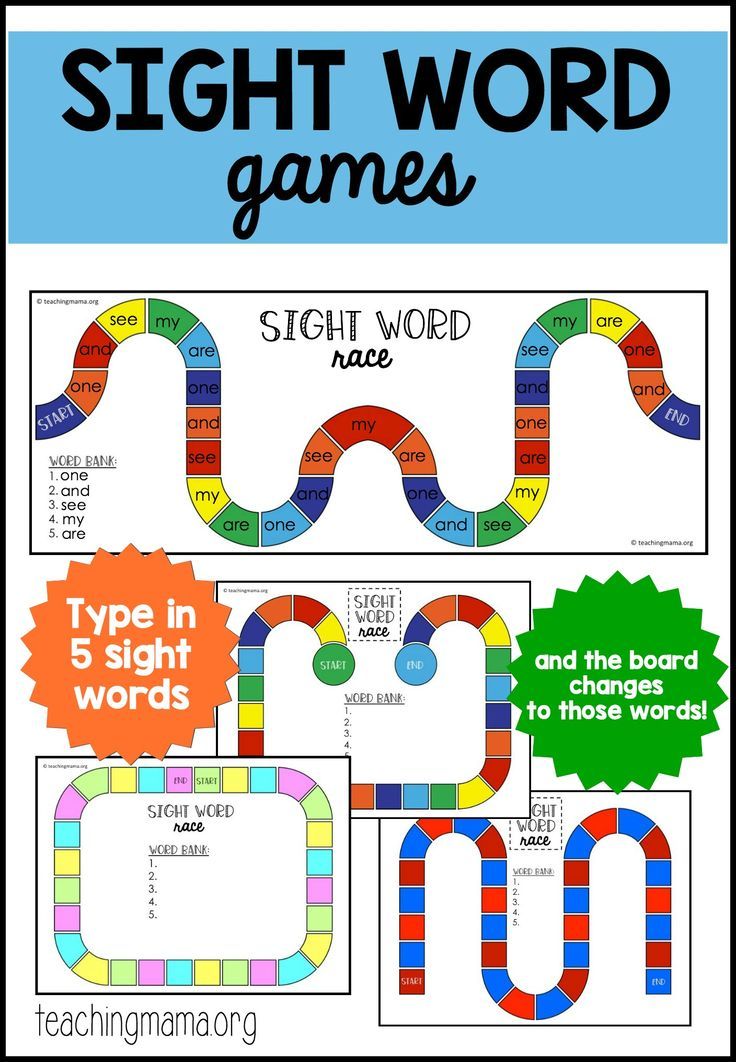 nine0004
nine0004
The older the players, the more difficult the host thinks of the word. How would you, for example, depict the word inflation?
8. Snowball
Great memory training game. Counselors in children's camps often use it to enable the guys to get to know each other and remember the names of everyone in the squad.
Rules : In clockwise order, everyone begins to give their names. When all the names have been sounded, on the second round, each participant calls his name and the name of the neighbor on the right, for example: Natasha, Slava. The next player says his name and the previous two, and so the snowball of names grows until someone makes a mistake. If the company of players is small (for example, a family is traveling in a car), you can add funny unusual nicknames to patronymic names that everyone comes up with. nine0004
9. Diagonal
Game with pen and notepad.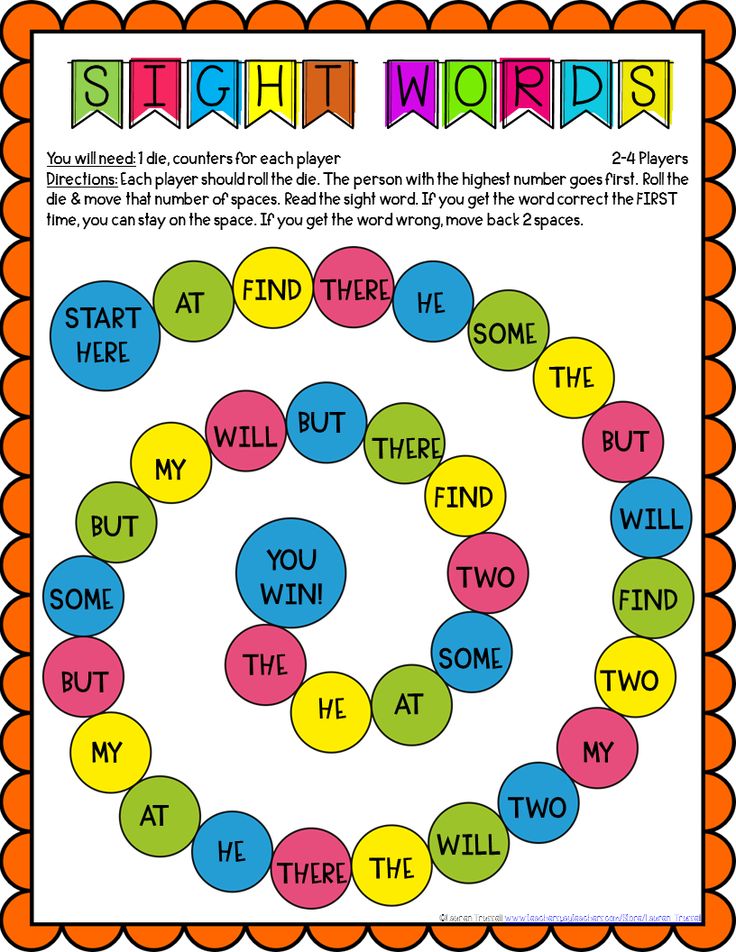 It is possible - for a while.
It is possible - for a while.
Rules: draw a square of 7x7 cells on a notebook sheet or in a notebook. Diagonally write a 7-letter word, for example - CARABAS. Passing the notebook to each other, each participant must enter the word horizontally in such a way that the already existing letter becomes part of it.
10. Bag of associations
This game is good to play with family or close friends or relatives. nine0004
Rules: each player writes on a piece of paper a word with which he has some memory, association or story associated. The papers are folded and placed in a bag. Then each player pulls out their piece of paper, quickly remembers and tells their story associated with this word. It is very unexpected and interesting when there can be completely different responses to the same word. And how nice it is to remember something long forgotten or to hear a story rolled out by a child that you did not even suspect! nine0004
11.
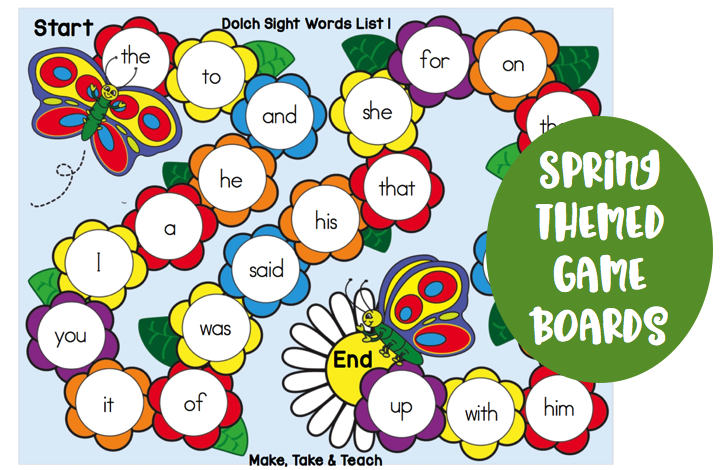 Nonsense
Nonsense Children aged 5-10 adore this game precisely because real nonsense comes out in the process and you can laugh heartily.
Rules: Each participant whispers any made-up word in the neighbor's ear. The host (preferably an adult) asks everyone a question, the answer to which will be the very word spoken in the ear. For example: - What did you eat for lunch today? — Cat. - Where do you live? - In car.
The next leader is the one whose answer turned out to be closest to reality - that is, NOT nonsense .
12. Edible-non-edible
An attention and reaction game for toddlers and younger teens.
Rule : do the guys stand or converge in a circle, the leader holds a small ball in his hands and throws it selectively by the players? Saying the word at the same time. The “edible” player must catch, the “inedible” should be discarded.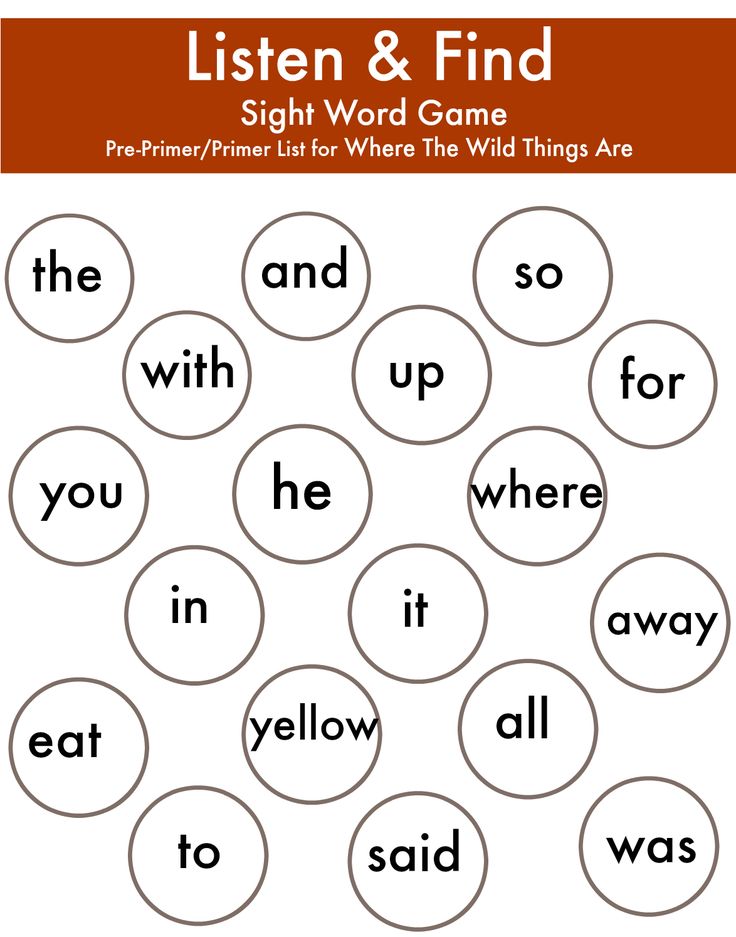 There are many variations of this game. For example, about animals: "Flies, crawls or swims." We agreed that we catch everyone who flies, which means that there is no need to “catch” the rest. You can play different objects in the same way, classifying them according to some attribute. nine0004
There are many variations of this game. For example, about animals: "Flies, crawls or swims." We agreed that we catch everyone who flies, which means that there is no need to “catch” the rest. You can play different objects in the same way, classifying them according to some attribute. nine0004
13. Contact
A very gambling game in which, if you play with children, it is very easy to forget yourself and start pulling the blanket over yourself, preventing the children from understanding what's what.
Rules: the host thinks of a word and tells the rest of the players only the first letter. For example, this word is "zebra". Each of the players comes up with his own word with the letter Z called by the leader and tries to explain it to others using gestures and pantomime (without words!), what exactly he was thinking, without naming it. If one of the players understood what the word was intended by the one who explains, he says "There is a contact!" and both (the one who explained and the one who responded) start counting down aloud from 10, and then each say their own word at the same time.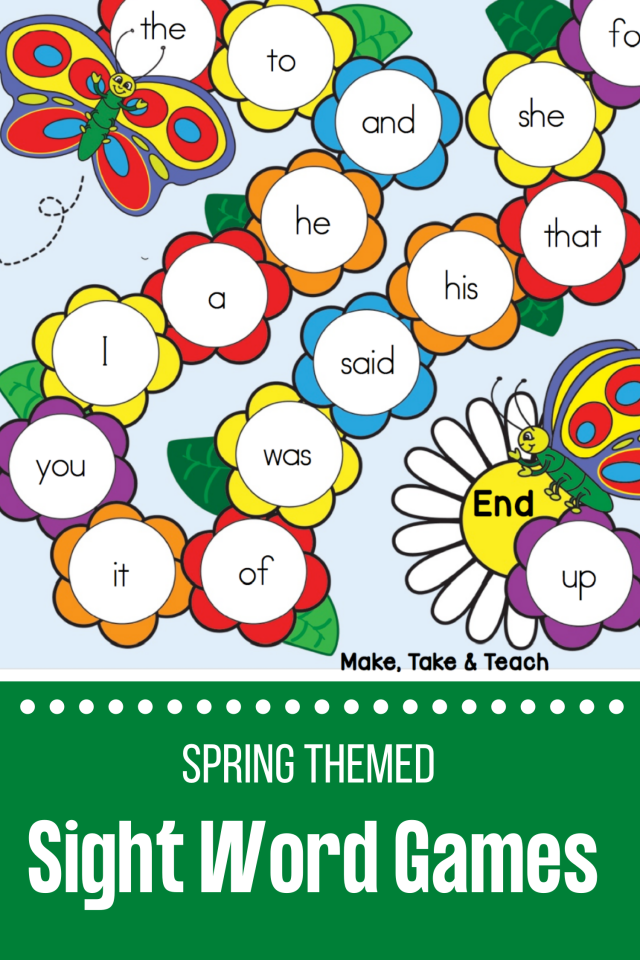 Matched - the host calls the players the second letter in his word and the game continues, only now the players need to invent and explain the word with the initial letters Z and E already set. In case the word does not match, the players continue the game. nine0004
Matched - the host calls the players the second letter in his word and the game continues, only now the players need to invent and explain the word with the initial letters Z and E already set. In case the word does not match, the players continue the game. nine0004
14. The pile is small
A useful game for developing imagination. It is very good for children who have difficulty with presentations and essays. But - alas - it is not suitable for those who have not yet learned to read.
Rules: All players take turns throwing words that come to their mind - any, not just nouns. The facilitator writes them down on a piece of paper in a chaotic manner, trying to fill the entire sheet, while leaving “air” between the words. Then each of the players take turns picking up a piece of paper and connecting 5-6 words with a line, which can become the basis of a sentence, invent and voice it. The next player chooses his 5 words and the game continues until the last player has no words left for a coherent sentence.